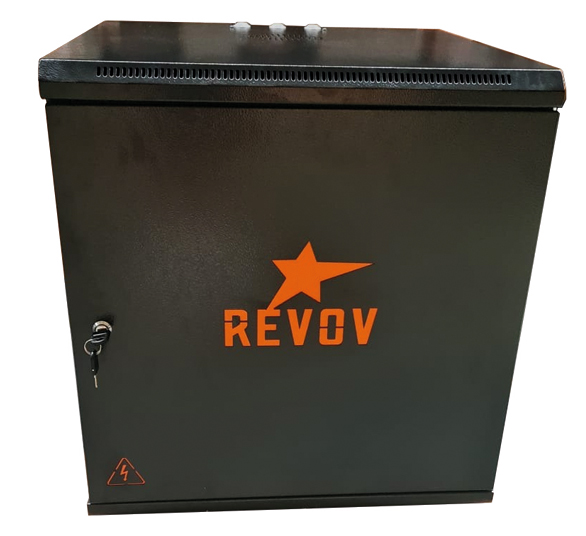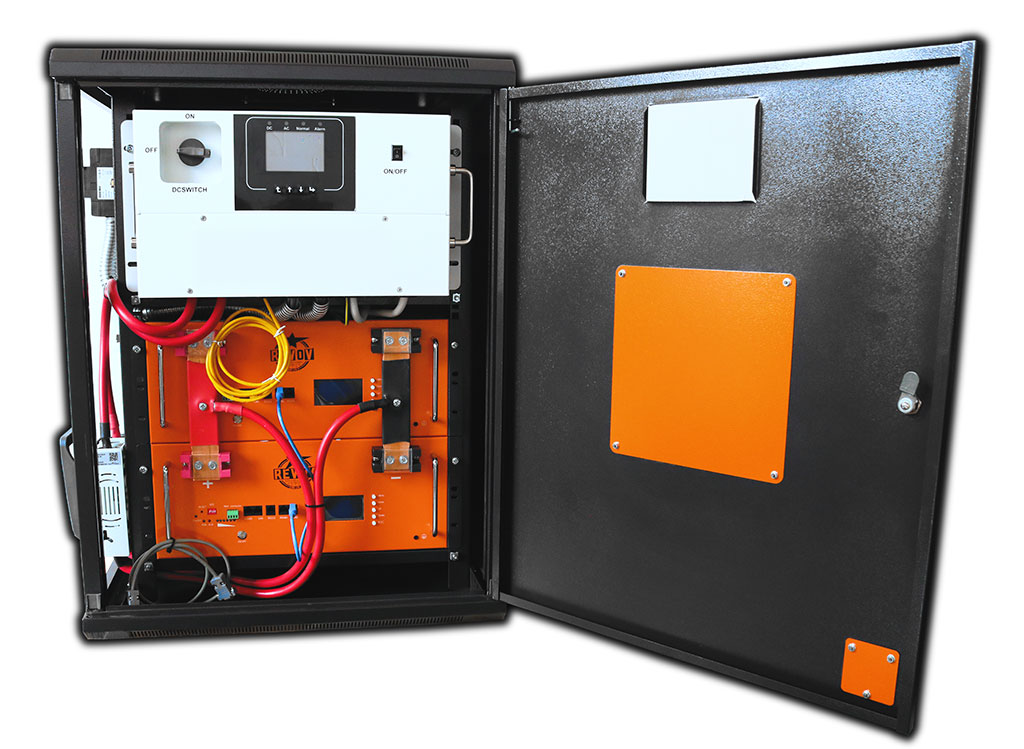Homes and businesses across South Africa are rushing to invest in UPS solutions to power them through loadshedding.
In the hurry to get connected, it’s important not to make the costly mistake of buying the wrong UPS for your needs.
Here, we outline how to choose a UPS in South Africa, based on your real requirements.
What is a UPS?
UPS stands for uninterruptible power supply. It’s a battery system that provides backup power during electrical outages. A UPS can also protect connected equipment from power problems, such as power surges and voltage dips.
When power fails, the UPS’s battery kicks in, delivering power to all connected devices until its power runs out.
At home, a UPS can keep devices running during loadshedding. It can ensure you have Wi-Fi, laptops remain charged, the TV is still working, and the fridge and electric fencing stay on.
A UPS can help businesses avoid downtime by keeping critical devices running, protect sensitive equipment and data, and shut down devices safely during power outages and dips.
Factors to consider when choosing a UPS in South Africa
To ensure the UPS you choose meets your requirements, consider these factors.
How to decide what capacity UPS to buy
There are three types of UPS systems – standby, line interactive and double conversion. Each comes in various capacities.
Capacity is how much power a UPS system can provide measured in watts. The higher the capacity, the more devices a UPS system can support.
The UPS you choose must have enough capacity to support the wattage of the devices you plug into it. This combined wattage is called the load.
This article shows you how to work out the capacity you’ll need for the devices in your home or office and the right backup battery size you’ll need. Generally, your UPS should have an output watt capacity 20 to 25% higher than the total power drawn by attached devices.
Required runtime
The batteries in a UPS don’t last forever. The runtime is normally quite short. Work out the required runtime for your devices and factor this in when considering how much capacity you need.
The required runtime will depend on your needs. Do you simply want to safely shut down all connected devices or do you want to keep specific devices running, like your Wi-Fi router?
The higher the battery capacity, the longer the runtime you will get or the more equipment you can support with a single UPS.
A UPS system will never support its full capacity. The closer you get to capacity, the less battery runtime you’ll have.
Required number of plug outlets
It’s essential to choose a UPS with the required number of plug outlets to cover all the devices you want to keep connected. Most small UPS systems for homes and small offices provide two to eight plug outlets.
Your current plugs must fit directly in the layout of the UPS, so check the plug outlets are spaced correctly.
Installation and space requirements
Where are you going to install your UPS? How much space do you have? The answer will inform the UPS you choose.
UPSs come in a range of sizes and formats. Compact desktop models sit on a desk, counter or shelf. Tower models stand upright on the ground or a shelf. Rack-mount models are designed to fit in a standard IT rack along with other equipment.
It’s worth noting that UPSs using lithium-ion batteries are usually smaller and lighter than models that use lead-acid batteries. This allows you to fit more backup power capacity in the same space.
Useful extra features
Each UPS supports different features. These additional features are worth considering when you’re choosing a UPS in South Africa.
Remote monitoring and management: it’s an advantage to be able to monitor and manage your UPS remotely, especially where it’s located with limited or no staff on site.
Look for a UPS with built-in network ports or support for network management cards (NMCs), which can monitor battery status, and environmental conditions such as humidity and temperature.
LCD control panel: this displays information such as battery health and power conditions that allow you to control and manage the UPS.
Warranty period
Each UPS will offer a warranty period starting from the purchase date of the unit. Warranty periods vary enormously, ranging from one year up to 10, or a specific number of cycles.
UPSs with lithium-ion batteries offer considerably longer warranties than UPSs with lead-acid batteries.
Advantages of choosing a UPS with a lithium-iron phosphate (LiFePO4) battery
It’s widely accepted in the industry that a UPS with lithium-iron phosphate – LiFePO4 – battery offers incomparable advantages over other battery types. These include:
- exceptional performance and durability
- fast charging
- lasts much longer between charges
- discharges to 80% or higher of rated capacity
- a long lifespan
- no maintenance
- safest battery technology available
- extreme temperature resilience
- compact and lightweight
- up to 10-year warranties.
Our all-in-one UPS systems for homes and small businesses
REVOV doesn’t sell direct to the public but can recommend a certified installer of REVOV UPS systems in your area. Our Cube all-in-one UPS systems are perfect for homes or small businesses requiring backup.
REVOV Cube
The Cube is a compact, fully integrated all-in-one backup system that’s perfect for small businesses and homes requiring backup. It fits easily under a counter and comes in two storage sizes – 5kWh/10kWh – with either one or two 2nd LiFe R100 batteries, a pre-cabled BMS and a 5Kw inverter with 80A MPPT.
See here for product specifications.

REVOV Cube 800
The Cube 800 unit contains all the necessary wiring and correct fusing for a quick and easy installation. It includes a pre-programmed inverter, pre-connected batteries and BMS, a 6kW inverter with 7,800W MPPT.
See here for product specifications.

These UPS systems come with warranties of 10 years or 3,500 cycles at one cycle per day, with a one-year warranty for the MUST inverter used in the CUBE and a five-year warranty for the Sunsynk/Deye inverter used in the CUBE 800.
REVOV can also recommend and supply lithium battery-based UPS solutions for larger office and commercial needs.
Sunny Horizons and the Global Waves of Emerging Solar Technologies
Solar energy is transforming the way we think about electricity, and the once-distant dream of harnessing the sun’s power is now becoming a reality. With groundbreaking innovations and cutting-edge technologies, the solar sector is revolutionising energy production...
12-Volt Lithium Batteries in South Africa
REVOV offers top-quality 12-volt lithium batteries in South Africa, including cost-effective 2nd LiFe alternatives. Why insist on lithium iron phosphate batteries? Not all lithium batteries are the same. A lithium iron phosphate battery is a type of lithium battery...
Best Lithium Battery in South Africa: What to Consider
Not all lithium batteries are the same. When you’re looking for the best lithium battery in South Africa, there are many factors to consider – from chemistry and cell quality to safety and environmental considerations. Here, we outline what to consider when choosing...





Recent Comments